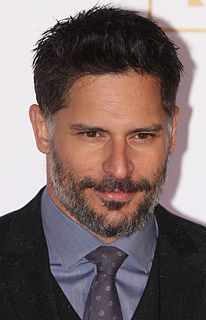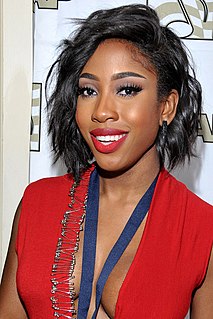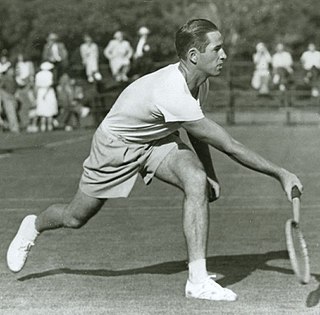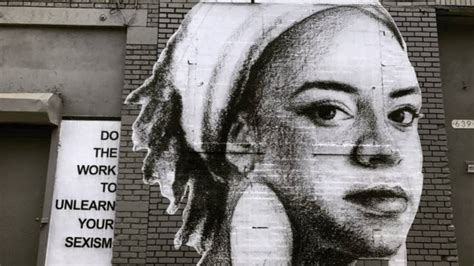A Quote by Joe Manganiello
I got to L.A. in 2000, when we were coming off the '90s: women looked like men and the men all looked like women.
Related Quotes
It would be a thousand pities if women wrote like men, or lived like men, or looked like men, for if two sexes are quite inadequate, considering the vastness and variety of the world, how should we manage with one only? Ought not education to bring out and fortify the differences rather than the similarities?
Then the children went to bed, or at least went upstairs, and the men joined the women for a cigarette on the porch, absently picking ticks engorged like grapes off the sleeping dogs. And when the men kissed the women good night, and their weekend whiskers scratched the women's cheeks, the women did not think shave, they thought stay.
Men look at women. Women watch themselves being looked at. This determines not only most relations between men and women but also the relation of women to themselves. The surveyor of woman in herself is male: the surveyed female. Thus she turns herself into an object - and most particularly an object of vision: a sight.
Back in the days when men were hunters and chest beaters and women spent their whole lives worrying about pregnancy or dying in childbirth, they often had to be taken against their will. Men complained that women were cold, unresponsive, frigid... They wanted their women wanton. They wanted their women wild. Now women were finally learning to be wanton and wild - and what happened? The men wilted.
It's true that in a lot of western feminist movements, you see women working singularly from men. Suffragettes and the women's rights movement in the 60s here, but when I think of the Islamic feminist movement, I think of a lot of men who are very much standing with the women. It really feels like in equal numbers. Women are catching up in the field because we were not given access to knowledge and encouraged into these studies and so these men are helping us and empowering us. They are men of conscience who are fed up with this assumption that they're entitled.
Seems to me the basic conflict between men and women, sexually, is that men are like firemen. To men, sex is an emergency, and no matter what we're doing we can be ready in two minutes. Women, on the other hand, are like fire. They're very exciting, but the conditions have to be exactly right for it to occur.
I feel like we're looked at as either completely nonsexual characters or overly sexual characters, and I feel like that affects how we're treated in the public space by men. I believe that women of color experience street harassment in a very hyper way. So I wanted to draw these women in their very normal, regular states and put those images out there in the public for people to see, instead of these other, very sexualized, images of women.
In the Eighties, the landscape was changing. No one knew if they had a future. It's not like now. There was no satellite. Kids were still out on the streets playing all the time. For me, it was the last great hurrah! People don't take those chances anymore. Everyone's far too reserved. Men look like women, women look like men.

































